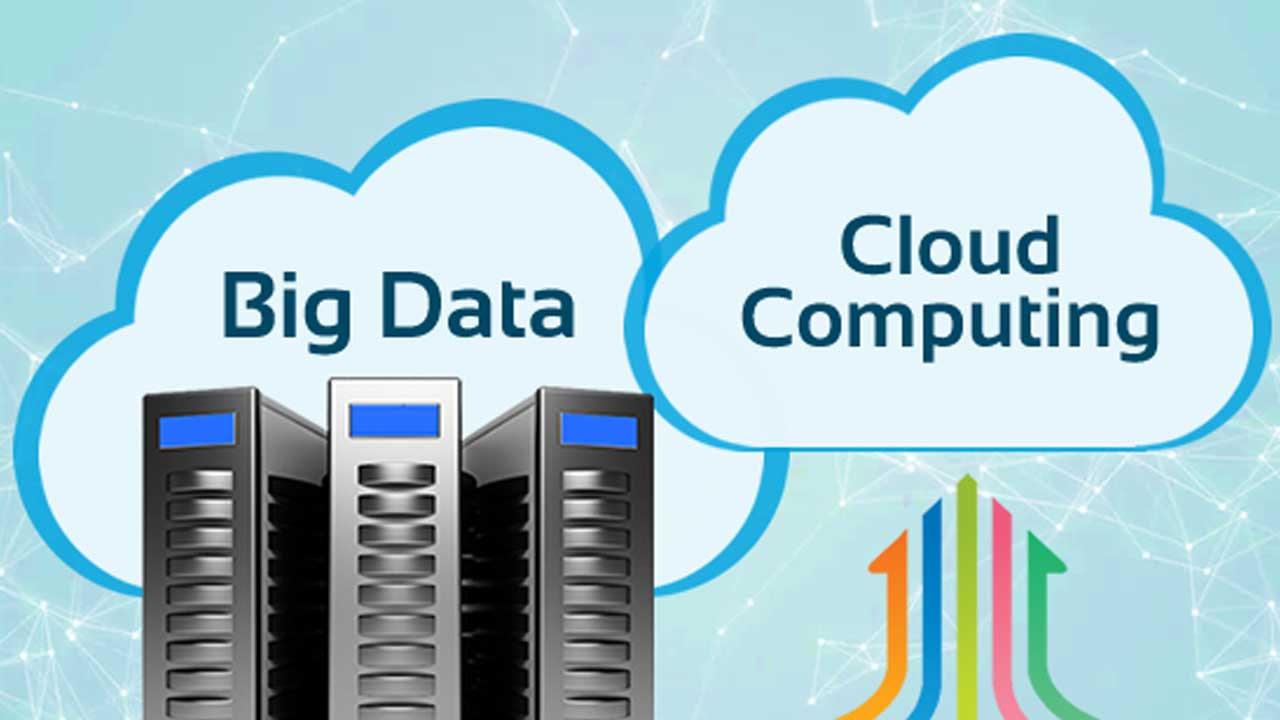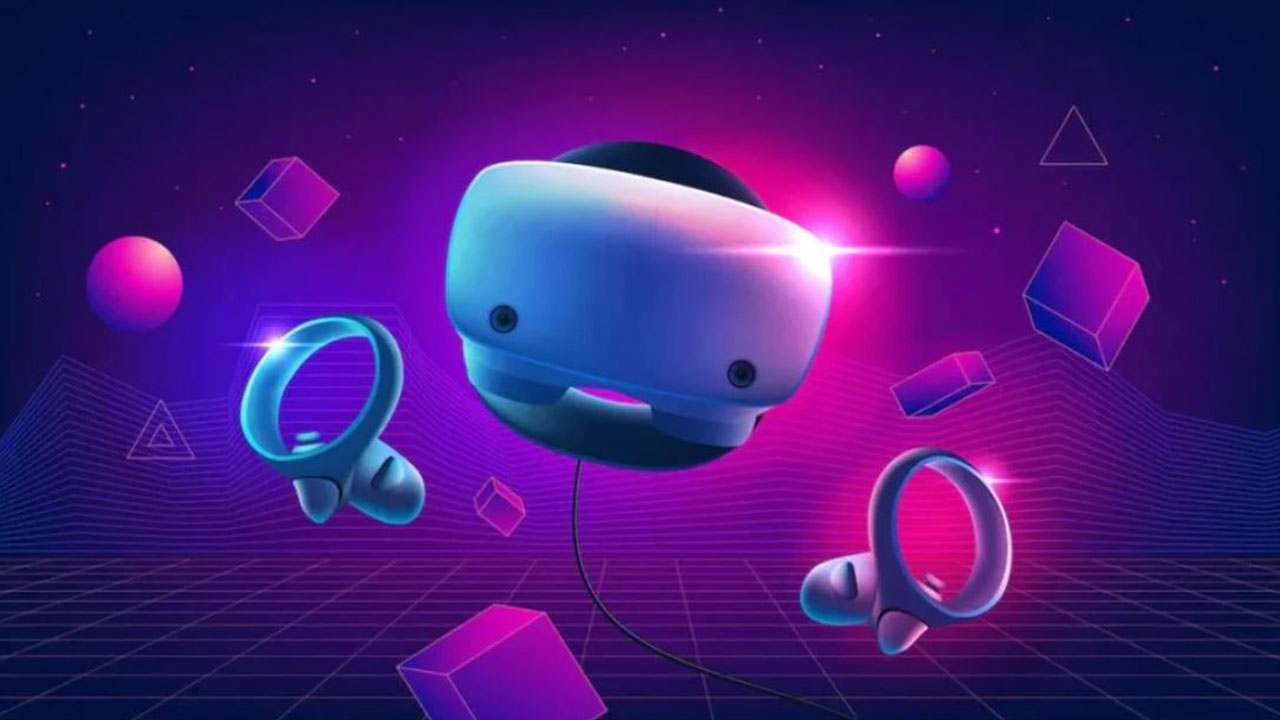In What Ways iOS Outperforms Android System
iOS Outperforms Android System is unquestionably the most popular operating system in the globe. However, have you ever pondered what iPads and iPhones do to captivate iOS users? Apple has built a culture around its products due to their exceptional security, efficacy, and other attributes. Have a look at the important reasons analyzed by Tecizeverything’s professional software developers:
1. iOS is Smoother and Quicker Overall
After years of analyzing both platforms on a daily basis, we have observed iOS to experience fewer glitches and lags. Performance is one area in which iOS typically outperforms Android. This seems absurd in light of the iPhone’s internal components. While it may appear impressive, we have a tendency to become bogged down in the details and frequently neglect to consider what truly matters. Performance is not solely determined by its specifications. Processing power encompasses more than mere speed rates and core counts. Evidence suggests that Apple processors are superior to Qualcomm processors. You can connect with our leading iOS app development company in New York for further guidance on it.
2. Significantly fewer delays and lags
Regardless of the superiority of Apple processors, the paramount concern is that iOS remains flawlessly optimized for the limited number of devices manufactured by Apple. Android, meanwhile, is submerged in a multitude of tablets, smartphones, and other products. When it comes to optimizing software for hardware, OEMs occasionally exhibit subpar performance.
Because Apple’s closed ecosystem enables tighter integration, iPhones do not require exceptionally potent specifications to compete with high-end Android phones. The key factor is how efficiently hardware and software are optimized. Because Apple maintains complete control over production, it can guarantee that its resources are utilized more effectively. In addition, there is a more stringent procedure that developers must adhere to in order to publish applications, and they are not obligated to optimize their apps for an infinite number of devices.
That does not imply that every iOS device can perform better than every Android device. Certain Android smartphones feature formidable internal components and astounding performance. iOS devices are, however, typically quicker and more fluid than the majority of Android phones in comparable price ranges. As an illustration, a $699 MSRP iPhone 14 is capable of performing nearly as well as the most recent high-end iPhone. Even at $429, the entry-level iPhone SE is an exceptionally powerful device.
3. Incredibly Easy to Use
On occasion, the very qualities that we appreciate most about Android diminish its appeal to the average consumer. Although Google and its collaborating manufacturers have made strides in enhancing the user experience of Android, particularly since the release of Android 12, the operating system can still be somewhat perplexing. Not everyone enjoys dealing with arbitrary icon placements, an infinite number of settings, and complete customization. In addition, variability among phone manufacturers contributes to a learning curve, as the majority of Android phones have distinct appearances and textures.
The simplicity of the iOS operating system is adored by Apple supporters and is arguably one of the reasons why iOS outperforms Android. iOS’s simplicity is perhaps one of its most appealing features. Numerous iPhone aficionados dislike a device that requires alteration and customization. They desire a device that functions efficiently, is user-friendly, and can effortlessly transport them to their desired content. This is precisely what the idiom “it just works” signifies.
iOS features customizable home pages with rows and columns of icons; however, there is no app drawer where you can conceal items; everything is displayed in plain view. The process of configuring the settings is uncomplicated, and the user experience remains consistent across all Apple mobile devices.
iOS provides a user experience that is sufficiently intuitive to require minimal or no adjustment. In ten minutes, I have observed children who had never used a smartphone before master its fundamentals. Some of these children are proficient with the iPhone even though they lack reading skills.
4. Updates in a Timely Manner
Software updates are one area in which iOS outperforms Android. Your iOS device will automatically download the most recent update as soon as it becomes available. This may be problematic for older devices that are unable to effectively process more resource-intensive versions of iOS. That is a separate subject and should only be a cause for concern if you own an Apple device that is considerably older. If you need top-notch iOS app development services, this might be the right place for you to begin with.
5. Bridging the Divide with Snapdragon Spaces
The updating procedure within Google’s Android ecosystem is comparatively less seamless. Google exclusively issues direct updates for its own products, such as the Pixel Fold or Pixel 7 series, and even those devices have occasionally encountered issues with receiving updates efficiently.
All manufacturers, including Samsung, Sony, and Motorola, are required to obtain the update from Google, refine it for their respective devices, and subsequently distribute it. Carriers are frequently required to go through them as well, which guarantees that updates will be delivered belatedly, at times months later than anticipated… if at all.
Conclusion
In conclusion, iOS stands as a testament to Apple’s unwavering commitment to innovation, user experience, and security. From its seamless ecosystem integration to its robust security architecture and intuitive user interface, iOS consistently outperforms the Android system on multiple fronts. By prioritizing user privacy, optimizing performance, and curating the App Store, Apple has cultivated a loyal user base that values reliability, security, and peace of mind in their digital interactions.
Frequently Asked Questions (FAQs)
1. Is iOS more secure than Android?
Absolutely. iOS’s closed ecosystem and rigorous security measures make it inherently more secure than Android.
2. Can I customize iOS as extensively as Android?
While iOS offers a curated and uniform user experience, Android provides greater flexibility for customization, allowing users to personalize their devices to a greater extent.
3. Are iOS devices more expensive than Android devices?
Apple products are often perceived as premium offerings, commanding a higher price point than many Android devices. However, the value proposition of iOS devices lies in their seamless integration, exceptional build quality, and long-term software support.
4. Does iOS offer better app optimization than Android?
Yes, iOS’s optimized performance and efficient resource management result in smoother app experiences compared to Android, especially on older hardware.
5. How frequently does Apple release software updates for iOS?
Apple typically releases regular software updates for iOS, providing users with new features, security patches, and performance enhancements throughout the year.
6. Can I easily transfer data from an Android device to an iOS device?
Yes, Apple offers tools and utilities to facilitate the seamless transfer of data from Android devices to iOS devices, ensuring a hassle-free transition for users.









